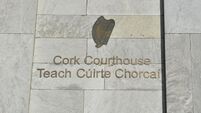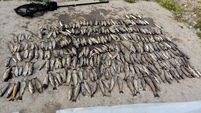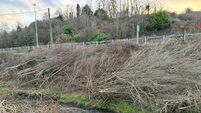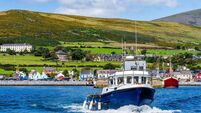Council to propose solar-powered, water quality monitoring systems in River Blackwater

Such systems can provide real-time data on pollution incidents.
A proposal is to be made by Cork County Council to the Environmental Protection Agency (EPA) and Inland Fisheries Ireland (IFI) for a pilot programme to place solar-powered water quality monitoring systems in the River Blackwater.
Such devices can provide real time data on pollution incidents.















